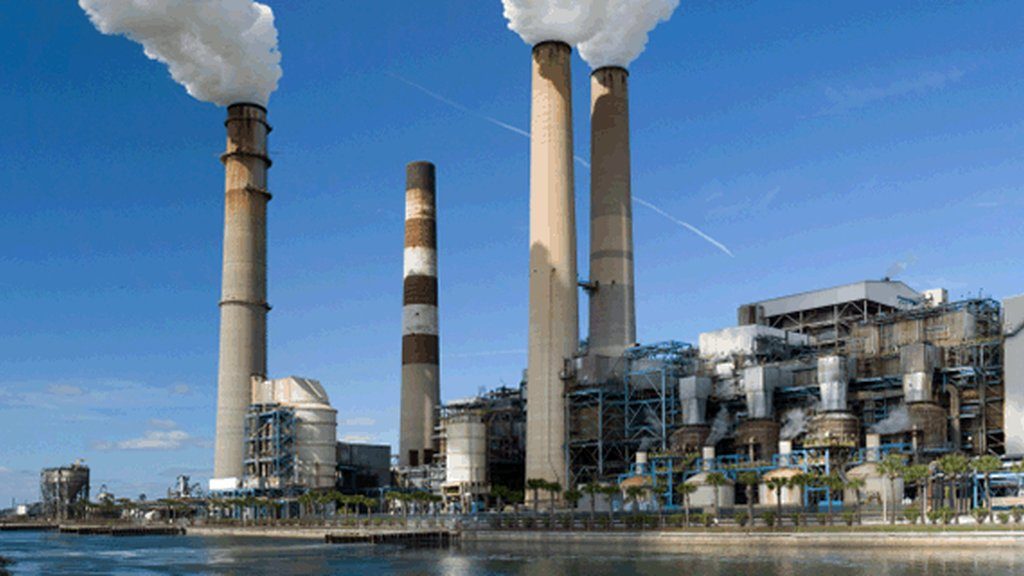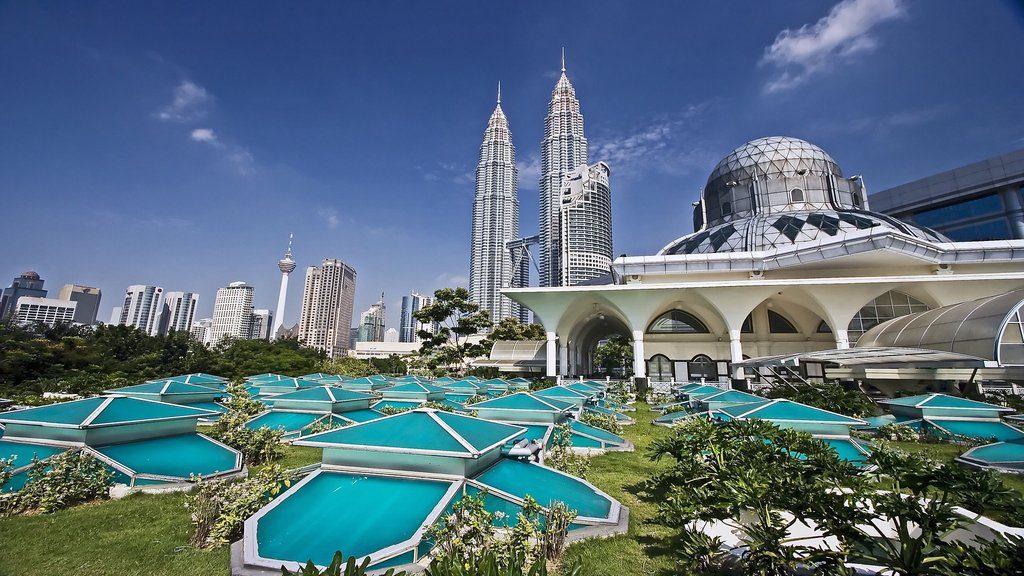A peaceful outcome of the 2015 presidential election was the desire of the generality of Nigerians and the international community. Thankfully, we got it; and more. President Goodluck Jonathan converted his loss of the election to something remarkably positive for the country and for his legacy. His concession of defeat and early call to congratulate General Muhammadu Buhari, who emerged as President-elect, is surely an indelible mark in our strides to entrenching a democratic culture in Nigeria. It also serves as a needed point of reference for Africa, where a number of elections are lined up for this year. Structural Transformation The latest general election cycle coincided with a period of serious slump in the price of crude oil at the international market. From trading at well over $100 per barrel a year ago, the Nigerian grade Brent Crude now trades below $60 a barrel. This has translated to revenue shock for the government. The slump in the price of oil has also repressed foreign reserves. In line with its responsibility for financial stability, the Central Bank of Nigeria (CBN) has had to regularly draw down on the reserves to defend the local currency. It is therefore evident that, while we deservedly celebrate the peaceful outcome of the election, we are confronted with the harsh economic realities imposed by lower oil prices. However, this immediate challenge advises on the path for long-term economic management.
Continue reading Economic Diversification and Non-oil Export Growth Back on the Front Burner
Monthly Archives: April 2015
Africa: The world’s new powerhouse
The just concluded 60th anniversary of the Asian-African Conference featured more than 100 countries that were retracing the historic path of an event that changed the world.
Today, countries like South Africa, Nigeria and Rwanda lead Africa’s rise in the global economy and international stature.
Africa has all the ingredients to be a dominant economic engine for decades to come, according to demographers, economists and industrial and agricultural experts.
With more than 1.1 billion citizens, Africa has huge potential. About one-third of Africa’s 54 nations have a yearly gain in gross domestic product (GDP) of more than 6 percent, making the continent the second highest in economic growth after Asia, which is growing at 4.7 percent per year.
One main factor is because Africa is at last getting its share of peace and good governance since Benin set the mainland trend in 1991.
Population trends could also be improving these developments. More better-educated young people are entering the job market and birth rates are beginning to decline. As the proportion of working-age people to dependents rises, growth should get a boost.
Asia enjoyed the “demographic dividend”, which began three decades ago and is now tailing off. In Africa it is just starting. Continue reading Africa: The world’s new powerhouse
Malaysia is the largest Asian investor in Africa
Three reasons why we should do business with Singapore. However, Singapore has already reached a developed nation status. Malaysia is still developing (some call it semi-developed, because, absent a few economic indicators, it has all the markings of a developed nation). Therefore, it has more in common with Nigeria. It’s also not Singapore, but Malaysia that has the largest Asian investment in Africa. It’s also Malaysia, not Singapore that sends aids and its people to help Africans. Nigeria will also benefit from how Malaysia is able to keep its cost of living so low; one example, oil prices are 60 percent cheaper in Malaysia than Singapore and Thailand.
Malaysia is ahead of China in terms of the size of its direct foreign investment (FDI) into Africa and the gap is widening. A survey of foreign investment into and out of the five BRICS countries, published on the eve of their summit in South Africa and while new Chinese President Xi Jinping visits the continent, revealed that China’s march into Africa has lagged behind the flow of cash from Kuala Lumpur. In 2011, Malaysia was third largest investor in Africa overall, only behind the United States and France. China came fourth and India fifth.
… France and the Malaysia is ahead of China in terms of the size of its direct foreign investment (FDI) into Africa and the gap is widening United States also have the largest historical stock of investments in Africa,” Reuters reported, “with Britain in third place and Malaysia in fourth, followed by South Africa, China and India.”
India has $14 billion invested in Africa; China 16 billion and Malaysia, $19.3 billion (about 24% of its FDI).
Source: Weekly Trust, April 18th 2015
 afric-Invest
afric-Invest


